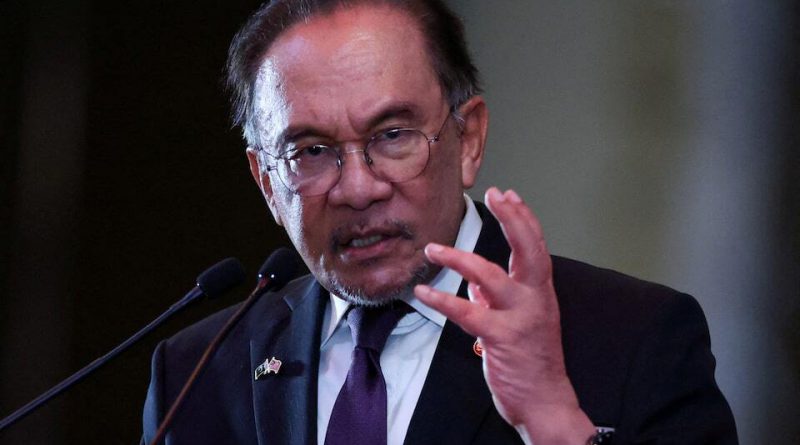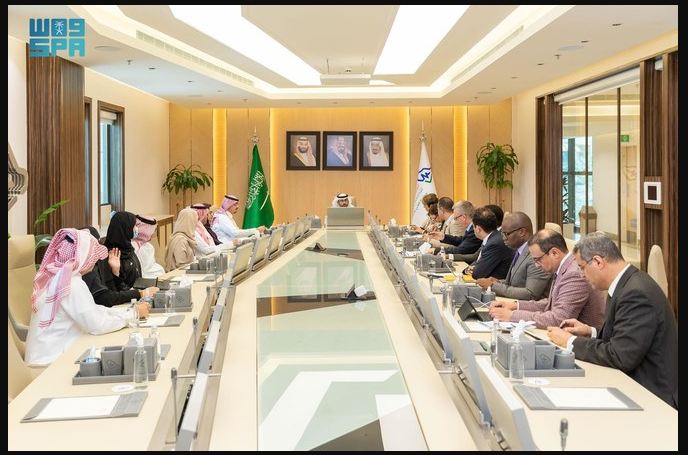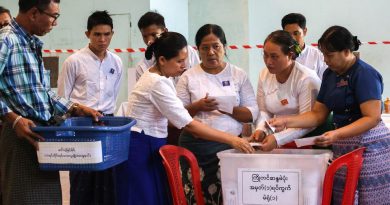Former Senior Aide to Malaysian Prime Minister Detained in Expanding Bribery Investigation
Kuala Lumpur – Malaysia’s anti-graft authorities have detained a former senior aide to Prime Minister Anwar Ibrahim as part of an ongoing investigation into allegations of bribery, signaling a new phase in the country’s efforts to strengthen accountability and curb corruption.
The development has drawn significant public attention, given the aide’s recent resignation and the political implications surrounding the case.
Shamsul Iskandar Mohd Akin, who earlier served as the prime minister’s senior political secretary, was taken into custody after being summoned for questioning by officials from the Malaysian Anti-Corruption Commission (MACC).
The agency confirmed that his detention is part of a broader probe into claims that surfaced this month, prompting Shamsul to step down from his post just days before his arrest.
MACC stated that it plans to seek a court order to extend Shamsul’s detention beyond the initial 24-hour period to allow investigators additional time to gather statements and examine evidence.
The agency said its officers are working on an accelerated timetable to finalize the investigation and submit the findings to the attorney-general’s chambers for rapid review and any necessary legal action.
A businessman, Albert Tei, who claims to have lodged accusations related to bribery involving Shamsul, was also questioned by MACC officials on the same day.
Authorities indicated they intend to request a similar detention extension for Tei, although details regarding the specific allegations remain undisclosed as the inquiry continues.
Tei’s legal representative, Zaid Malek, said he had not been informed of the exact offence his client was suspected of, adding that both cooperation and clarity would be essential in ensuring a fair investigative process.
The lack of specific charges at this stage reflects standard procedures in corruption cases, where early detention is often used to prevent interference with evidence or witness testimony.
Shamsul, a prominent figure within the ruling People’s Justice Party, has denied any wrongdoing in earlier public comments, stating that the accusations targeted him with the intent of politically weakening the government.
He emphasized his readiness to defend himself against what he described as an attempt to undermine his credibility and damage the administration’s reform agenda.
His resignation earlier in the week came amid rising speculation and pressure, with political observers noting that stepping down was likely intended to avoid further distraction to the prime minister’s office.
The timing of the detention, occurring just days after the resignation, suggests that the investigation had reached a stage where authorities believed further action was necessary.
Prime Minister Anwar Ibrahim has not issued an immediate statement regarding the detention, although his administration has repeatedly emphasized a zero-tolerance approach to corruption since taking office.
The case is being closely watched as a test of the government’s commitment to transparency, especially involving figures connected to senior leadership.
Malaysia has made several attempts in recent years to bolster institutional safeguards against corruption, including strengthening oversight bodies and revising laws tied to political financing.
However, high-profile cases continue to draw scrutiny to governance standards, prompting calls from civil society groups for deeper reforms and greater independence for enforcement agencies.
The current investigation is expected to influence public discourse in the coming weeks as authorities work toward concluding the case within the timeline announced.
MACC has assured that its officers are operating within established legal frameworks and that all individuals involved will retain their full rights under Malaysian law as the inquiry progresses.
The outcome of the probe, once reviewed by the attorney-general’s chambers, is likely to shape political narratives ahead of upcoming policy sessions and could impact internal dynamics within the governing coalition.
For now, the focus remains on the investigation’s next steps, the potential extension of detentions, and the broader implications for Malaysia’s ongoing anti-corruption efforts.



